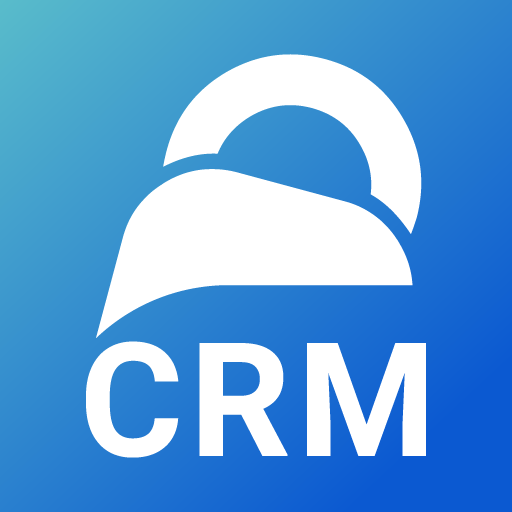In the modern business landscape, Enterprise Resource Planning (ERP) systems are essential for streamlining operations, improving efficiency, and enabling growth. Among the top ERP solutions available today, NetSuite by Oracle stands out as a leading cloud-based ERP platform designed to meet the needs of small to large enterprises.
This guide provides a complete overview of Enterprise Resource Planning with NetSuite, its features, benefits, industry use cases, and why it’s a preferred ERP choice for many growing organizations.
What is NetSuite ERP?
NetSuite ERP is a cloud-based enterprise resource planning system that helps businesses manage their core operations in real time, including:
- Financial management
- Supply chain and inventory
- Procurement and order management
- Human resources and payroll
- Project and revenue management
- Customer relationship management (CRM)
As a true cloud ERP, NetSuite offers scalability, flexibility, and accessibility from anywhere—making it ideal for fast-growing, multi-location, and international businesses.
Key Features of NetSuite ERP
✅ Financial Management: Automate accounting, billing, tax compliance, and revenue recognition.
✅ Inventory & Supply Chain: Track inventory, optimize procurement, and manage fulfillment efficiently.
✅ Order Management: Seamless order-to-cash workflows with real-time tracking.
✅ CRM & Marketing: Manage customer data, sales opportunities, and marketing campaigns.
✅ Project Management: Plan, execute, and track project costs and resources.
✅ Business Intelligence: Get real-time dashboards, reporting, and KPIs powered by AI.
✅ Global Business Support: Multi-currency, multi-language, and multi-subsidiary capabilities.
Benefits of Using NetSuite for Enterprise Resource Planning
🔹 Unified Platform: Consolidates financials, inventory, sales, and customer data in one system.
🔹 Cloud Accessibility: Real-time access for global teams with secure cloud infrastructure.
🔹 Automation of Manual Tasks: Increase operational efficiency through automated workflows.
🔹 Scalable Growth: Easily adapts to changing business needs and expansion plans.
🔹 Regulatory Compliance: Supports SOX, GDPR, ASC 606, and other financial standards.
Who Should Use NetSuite ERP?
✔️ Mid-sized to Large Businesses: Managing complex operations and requiring real-time visibility.
✔️ Multi-Entity Organizations: Businesses with multiple subsidiaries, currencies, and compliance needs.
✔️ Service, Manufacturing, and Retail Firms: Looking for vertical-specific ERP capabilities.
✔️ Companies Outgrowing QuickBooks or Legacy Systems: Seeking a modern, integrated solution.
NetSuite ERP Industry Applications
| Industry | Benefits of NetSuite ERP |
|---|---|
| Retail & E-commerce | Inventory control, omnichannel sales, POS integration |
| Manufacturing | Production planning, BOM, demand forecasting |
| Professional Services | Project billing, time tracking, and resource management |
| Software & SaaS | Subscription billing, compliance, and deferred revenue tracking |
| Wholesale Distribution | Real-time inventory, procurement, and logistics |
NetSuite ERP vs Traditional ERP Systems
| Feature | NetSuite ERP | Traditional ERP |
| Deployment | Cloud-Native | On-premise or hybrid |
| Upgrades | Automatic | Manual and often costly |
| Access | Anywhere, any device | Limited to internal networks |
| Implementation Time | Faster (3–6 months) | Longer (6–18 months) |
| Customization | Built-in flexibility | Often requires custom development |
NetSuite ERP Pricing
Pricing varies depending on:
- Number of users
- Modules selected (financials, inventory, CRM, etc.)
- Implementation scope and customization needs
💰 Base License: Starts around $999/month
💰 Per User: Approximately $99/user/month
💰 Implementation Costs: Custom pricing based on business complexity
How to Implement NetSuite ERP Successfully
1️⃣ Define Objectives: Align ERP goals with your business strategy.
2️⃣ Select Key Modules: Choose essential modules to launch with (finance, CRM, supply chain, etc.).
3️⃣ Choose a NetSuite Partner: Work with certified implementation experts.
4️⃣ Migrate Data Carefully: Ensure clean, structured data transfer.
5️⃣ Train Teams & Go Live: Prepare users with role-based training and support.
Conclusion
Enterprise resource planning with NetSuite offers a comprehensive, flexible, and scalable solution for businesses looking to unify operations, improve visibility, and drive long-term growth. Whether you’re a mid-sized company or a global enterprise, NetSuite delivers the tools needed to run your business with efficiency, automation, and confidence.
